Get Ready for Your Databricks Interview
Databricks stands out as a premier platform for large-scale data analytics and machine learning. If you're seeking to join a team that leverages Databricks, mastering technical interview questions is crucial. This post breaks down 15 critical questions, starting with cluster management and resource optimization, that you should review to boost your confidence for the big day.
1. How Does Databricks Optimize Cluster Management and Resource Allocation?
Ensuring efficient use of resources is central to Databricks' architecture. The platform implements several techniques to manage clusters and distribute resources so workloads can be processed quickly and cost-effectively. Here are the main mechanisms involved:
- Cluster Types: Databricks provides different cluster modes—general-purpose clusters for varied development tasks, and specialized job clusters tailored for scheduled or automated processing.
- Autoscaling: The system dynamically increases or decreases the number of compute nodes in a cluster in response to changing computational demands, helping maintain performance while minimizing wasted resources.
- Instance Pools: By maintaining a pool of pre-configured virtual machines, Databricks can drastically reduce start-up times for clusters, leading to smoother workflow execution.
- Cluster Policies: Administrators can set up guardrails to govern cluster creation—enforcing settings that rein in costs and prevent resource overprovisioning.

Interview Preparation Table
Here's a concise overview of the primary strategies Databricks uses to enhance cluster resource management:
| Feature | Purpose | Benefit |
|---|---|---|
| Cluster Types | Selects optimal compute configuration for task type | Ensures right resources for workload, improving efficiency |
| Autoscaling | Adjusts worker nodes to match workload intensity | Balances cost and performance automatically |
| Instance Pools | Pre-warms compute nodes for quick assignment | Reduces cluster initialization time |
| Cluster Policies | Applies rules for cluster creation and usage | Controls costs and enforces organizational standards |
Next Steps in Your Interview Prep
This is just the beginning. Make sure you also review questions covering data ingestion, Spark optimizations, notebook workflows, security settings, and troubleshooting. Each of these topics will further demonstrate your readiness for a role working with Databricks. Stay tuned for more in-depth coverage of the full question set.